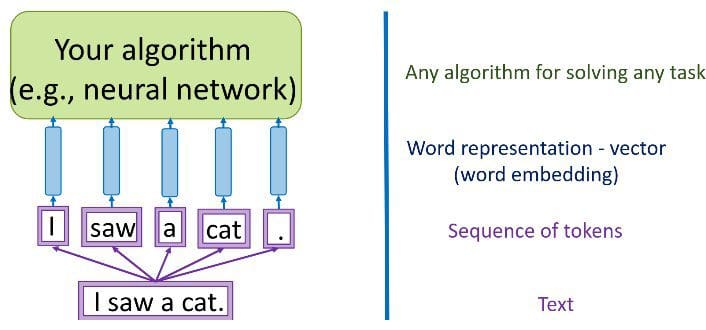This is a collection of free machine learning and data science courses to kick off your winter learning season. Courses range from introductory machine learning to deep learning to natural language processing and beyond.
If, after reading this list, you find yourself wanting more free quality, curated learning materials, check out the related posts further below.

1. Introduction to Computational Thinking and Data ScienceMIT
6.0002 is the continuation of 6.0001 Introduction to Computer Science and Programming in Python and is intended for students with little or no programming experience. It aims to provide students with an understanding of the role computation can play in solving problems and to help students, regardless of their major, feel justifiably confident of their ability to write small programs that allow them to accomplish useful goals. The class uses the Python 3.5 programming language.
2. Machine LearningStanford
This course provides a broad introduction to machine learning and statistical pattern recognition. Topics include: supervised learning (generative/discriminative learning, parametric/non-parametric learning, neural networks, support vector machines); unsupervised learning (clustering, dimensionality reduction, kernel methods); learning theory (bias/variance tradeoffs; VC theory; large margins); reinforcement learning and adaptive control. The course will also discuss recent applications of machine learning, such as to robotic control, data mining, autonomous navigation, bioinformatics, speech recognition, and text and web data processing.
3. Introduction to Machine Learning for Coders!fast.ai
There are around 24 hours of lessons, and you should plan to spend around 8 hours a week for 12 weeks to complete the material. The course is based on lessons recorded at the University of San Francisco for the Masters of Science in Data Science program. We assume that you have at least one year of coding experience, and either remember what you learned in high school math, or are prepared to do some independent study to refresh your knowledge.
4. Machine Learning Crash CourseGoogle
Ready to start practicing machine learning? Learn and apply fundamental machine learning concepts with the Crash Course, get real-world experience with the companion Kaggle competition, or visit Learn with Google AI to explore the full library of training resources.
5. Introduction to Deep LearningMIT
An introductory course on deep learning methods with applications to machine translation, image recognition, game playing, image generation and more. A collaborative course incorporating labs in TensorFlow and peer brainstorming along with lectures. Course concludes with project proposals with feedback from staff and panel of industry sponsors.
6. Practical Deep Learning For Coders, Part 1fast.ai
Welcome to the 2018 edition of fast.ai’s 7 week course, Practical Deep Learning For Coders, Part 1, taught by Jeremy Howard (Kaggle’s #1 competitor 2 years running, and founder of Enlitic). Learn how to build state of the art models without needing graduate-level math—but also without dumbing anything down. Oh one other thing… it’s totally free! And there’s a whole community of thousands of other learners ready to help you with your journey—just head over to forums.fast.ai if you need any help, or just want to chat to other deep learning learners.
Note that there is also a second part to this course: Cutting Edge Deep Learning For Coders, Part 2
7. Natural Language ProcessingYandex Data School
8. From Languages to InformationStanford
The online world has a vast array of unstructured information in the form of language and social networks. Learn how to make sense of it and how to interact with humans via language, from answering questions to giving advice!
9. Practical Reinforcement LearningYandex Data School
A course in reinforcement learning in the wild.
Optimize for the curious. For all the materials that aren’t covered in detail there are links to more information and related materials (D.Silver/Sutton/blogs/whatever). Assignments will have bonus sections if you want to dig deeper. Practicality first. Everything essential to solving reinforcement learning problems is worth mentioning. We won’t shun away from covering tricks and heuristics. For every major idea there should be a lab that makes you to “feel” it on a practical problem.
10. Computational Linear Algebra for Codersfast.ai
This course is focused on the question: How do we do matrix computations with acceptable speed and acceptable accuracy? This course was taught in the University of San Francisco’s Masters of Science in Analytics program, summer 2017 (for graduate students studying to become data scientists). The course is taught in Python with Jupyter Notebooks, using libraries such as Scikit-Learn and Numpy for most lessons, as well as Numba (a library that compiles Python to C for faster performance) and PyTorch (an alternative to Numpy for the GPU) in a few lessons.
Related:
